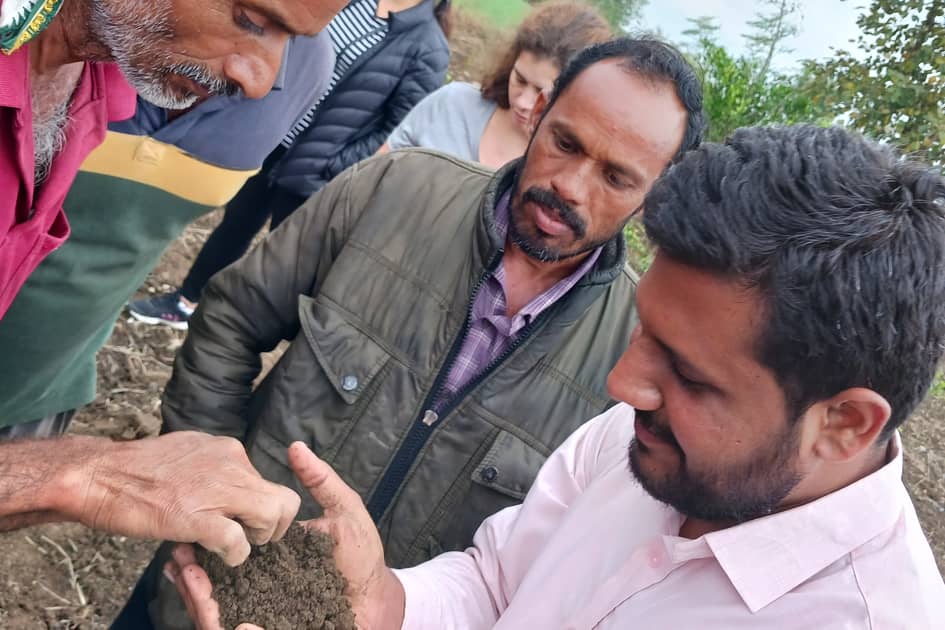The Aid by Trade Foundation (AbTF), known for its cotton standards Cotton made in Africa (CmiA) and Cotton made in Africa Organic, expanded its range last year with the Regenerative Cotton Standard (RCS), the first of its kind to explicitly prioritise the knowledge and interests of small-scale farmers. The voluntary standard targets the entire production system rather than only the cotton itself. The AbTF is expanding RCS’s scope beyond Africa for the first time by promoting sustainable cotton cultivation India.
As one of the world’s largest cotton producers, expanding the RCS to India makes sense, giving that AbTF’s objective is to provide sustainable cotton for global textile companies to purchase and to ensure socially and environmentally sustainable production conditions in cotton-growing countries. By holding its annual cotton conference in Mumbai earlier this year, the organisation indicated that the country would play a key role. The pilot project has been launched in collaboration with 5,000 small-scale farmers in the Indian state of Maharashtra.
“We are happy to now be working in India as well and to use both our expertise in sustainable cotton cultivation and our global network for the benefit of Indian small-scale farmers. The first RCS pilot project is the result of productive collaboration between many partners who have set themselves ambitious and forward-looking goals in the field of sustainable cotton cultivation,” commented AbTF’s managing director Tina Stridde in a press release.
To implement the RCS in India, AbTF will work with its new Indian partner, Vijay Cotton & Fibre Co. LLP. based in Mumbai, a family-run business with more than 75 years of experience in the cotton sector and significant expertise in the cultivation and worldwide trade of Indian cotton.
“In a uniquely innovative and respectful way, the Regenerative Cotton Standard supports cotton farmers in India with applying climate-friendly agricultural practices. The standard also has great potential to increase transparency within our supply chain so that we can trace the origin of our cotton and ensure that it is produced in accordance with environmentally and ethically verifiable standards,” stated the company’s partner Vijay Shah.
The standard supports cotton farmers with practical and innovative approaches to building resilience against the effects of climate change and offers textile companies regenerative cotton from another cotton-growing region of key importance.
To ensure transparency in the textile chain, AbTF has made RCS-verified fibres traceable by integrating its successful Hard Identity Preserved (HIP) tracking system.







